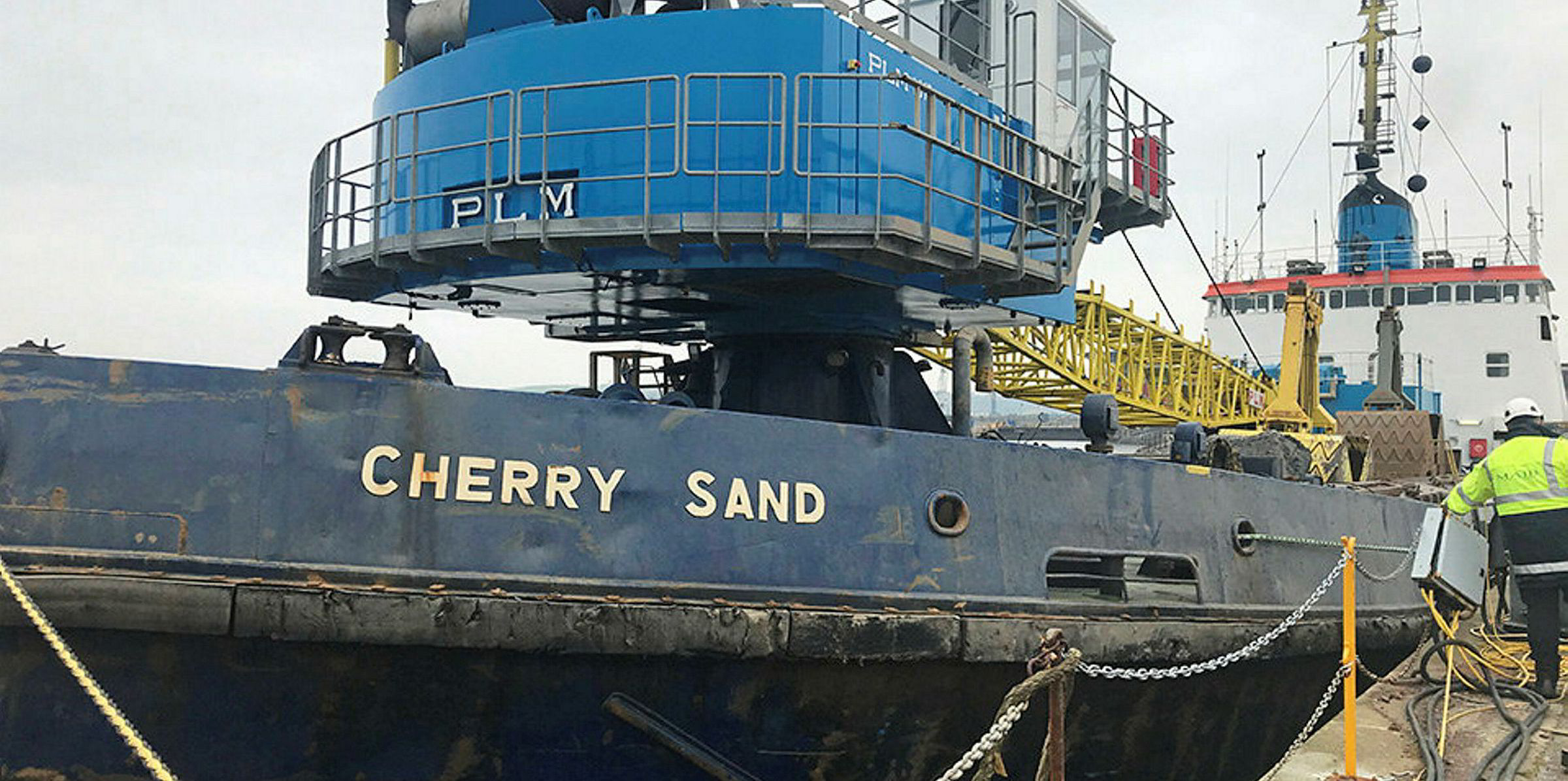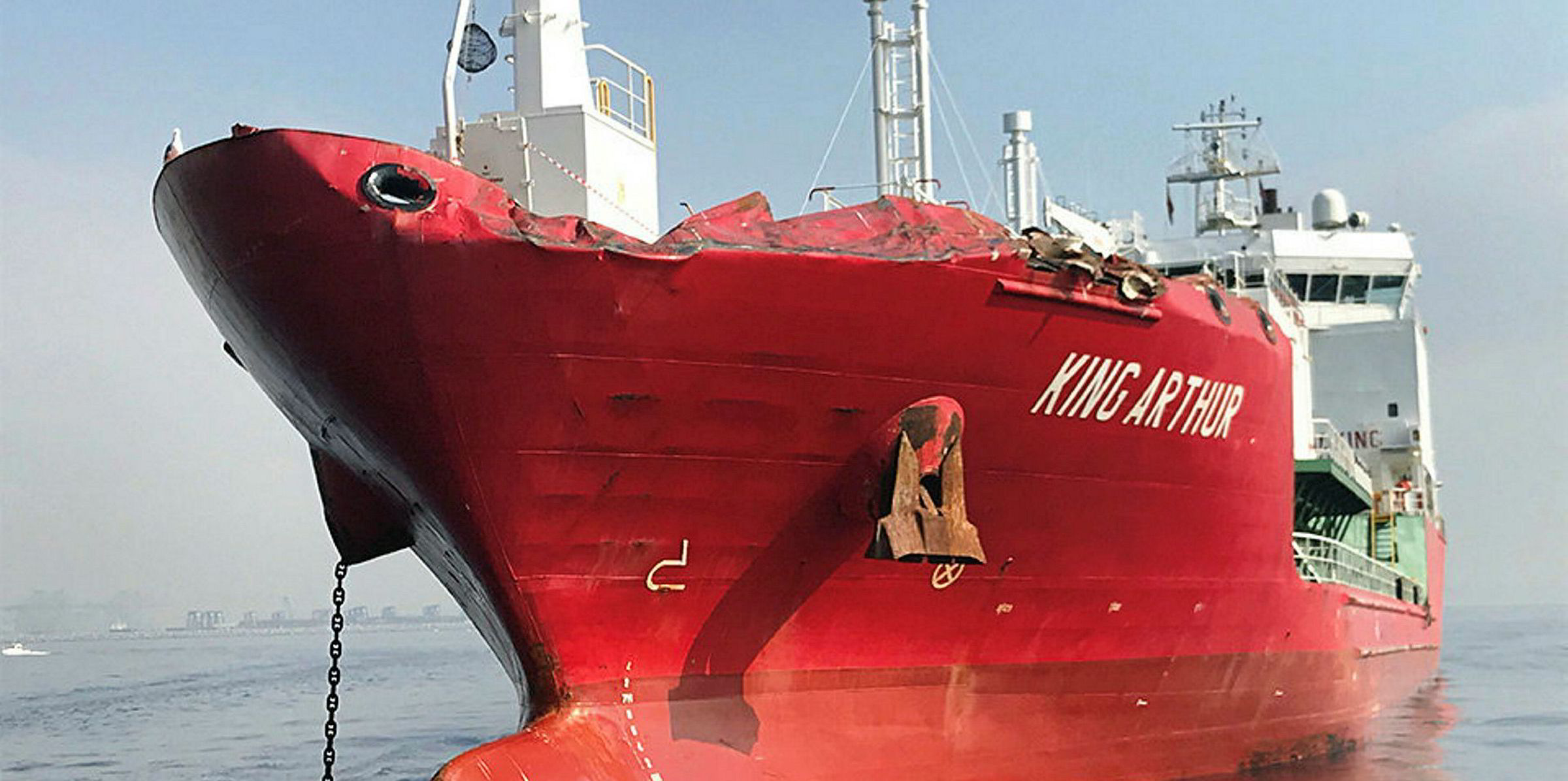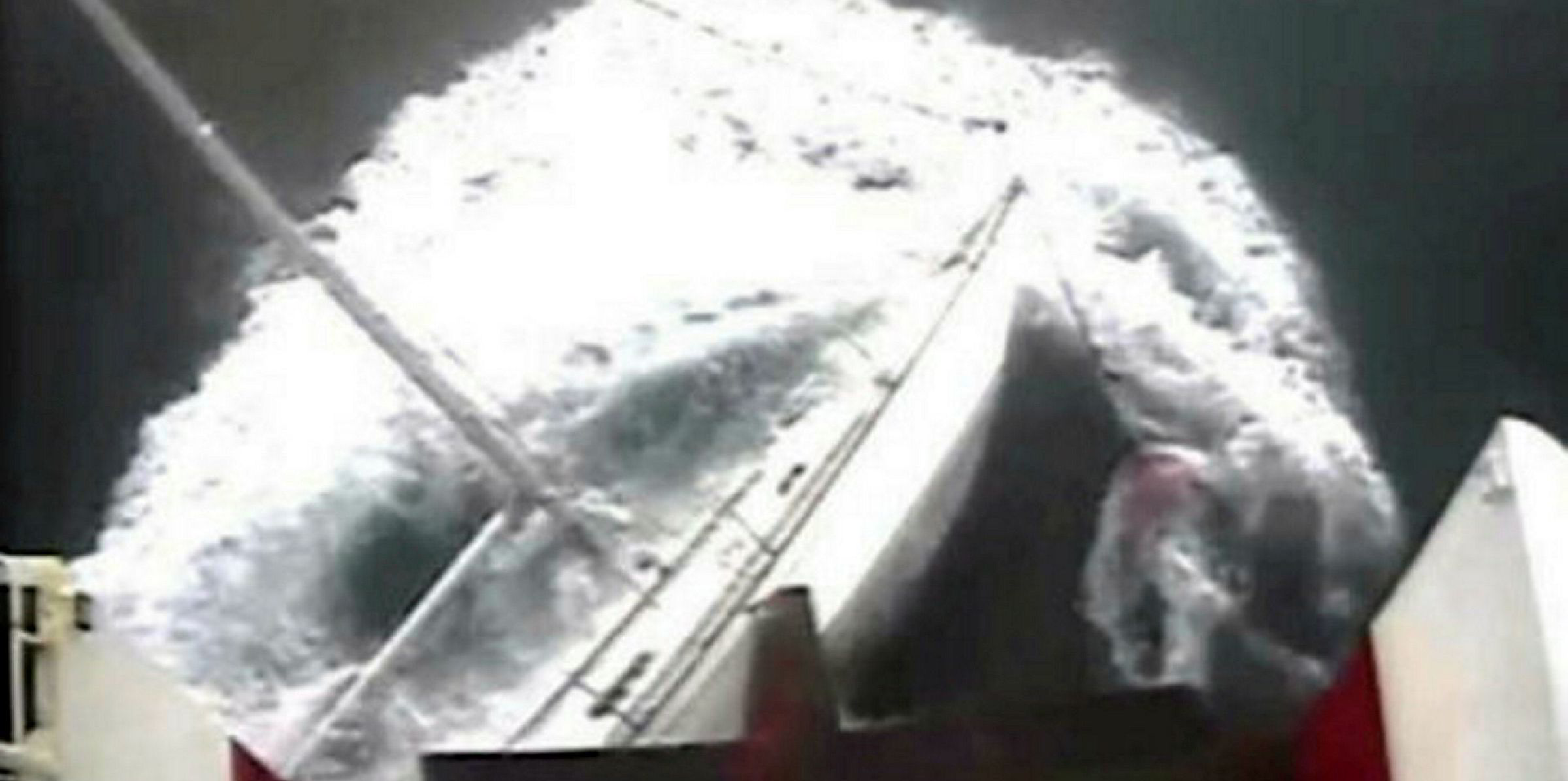The UK has warned of the dangers facing older crew members after the death of a dredger captain in Scotland last year.
Brian Smith, 72, died when he was crushed between the 2,300-dwt hopper unit Cherry Sand (built 1968) and the jetty as he attempted to disembark at Rosyth on 28 February last year.
While attempting to help the ship moor, he climbed over the Cherry Sand’s bulwark and onto the rubbing band in readiness to step ashore.
The chief officer was still manoeuvring the dredger towards the berth when the master took a single step towards the quayside.
But the Cherry Sand was too far away from its berth, with the result that the master’s foot missed the quay, and his upper body struck the chains and quayside with force before he fell between the quay wall and the vessel, the Marine Accident Investigation Branch (MAIB) said.
He was crushed by the moving dredger before slipping into the water.
The operations manager had attempted to call the master back using the VHF.
Another crewman also advised him that it was too early to step off, but the master assured him that he would wait until the vessel was alongside.
He was wearing a life jacket and the ship’s crew were able to recover him onto the quayside, but his injuries were too severe, and he could not be revived.
Temporary contracts
This was Smith's first contract on the Cherry Sand.
The master operated his own company carrying out inspections and audits of small vessels, but he occasionally supplemented his income with temporary vessel contracts.
The report revealed Smith had vision only in one eye, if not wearing a prosthetic lens, after undergoing surgery in 2018 to rectify a detached retina.
However, he was wearing a lens at the time of the accident.
Danger for older seafarers
Of the occupational accidents investigated by MAIB over the past five years, more than 40% of those who lost their lives were over 50 years old.
Over the same period, the four crew who lost their lives while attempting to step on/off during mooring operations were between the age of 58 and 72.
UK health and safety guidance warns that older workers may experience more slips, trips and falls than younger workers, and recovery from an injury may take longer.
Hazardous method
MAIB found that the method used for self-mooring the Cherry Sand was inherently hazardous, and crew routinely stepped ashore/on board when the vessel was not tight alongside.
No measures had been taken to avoid having to place a crew member ashore while the vessel was unmoored.
Safety management system audits by the vessel's manager, UK Dredging, had not identified that the Cherry Sand’s operational practices, and the general safety culture on board, were below the expected level.
MAIB has recommended that the Maritime and Coastguard Agency provide guidance on mooring and unmooring operations.
Shipowner Associated British Ports has been asked to ensure a common approach to safety and the application of company procedures across the UK Dredging fleet.





